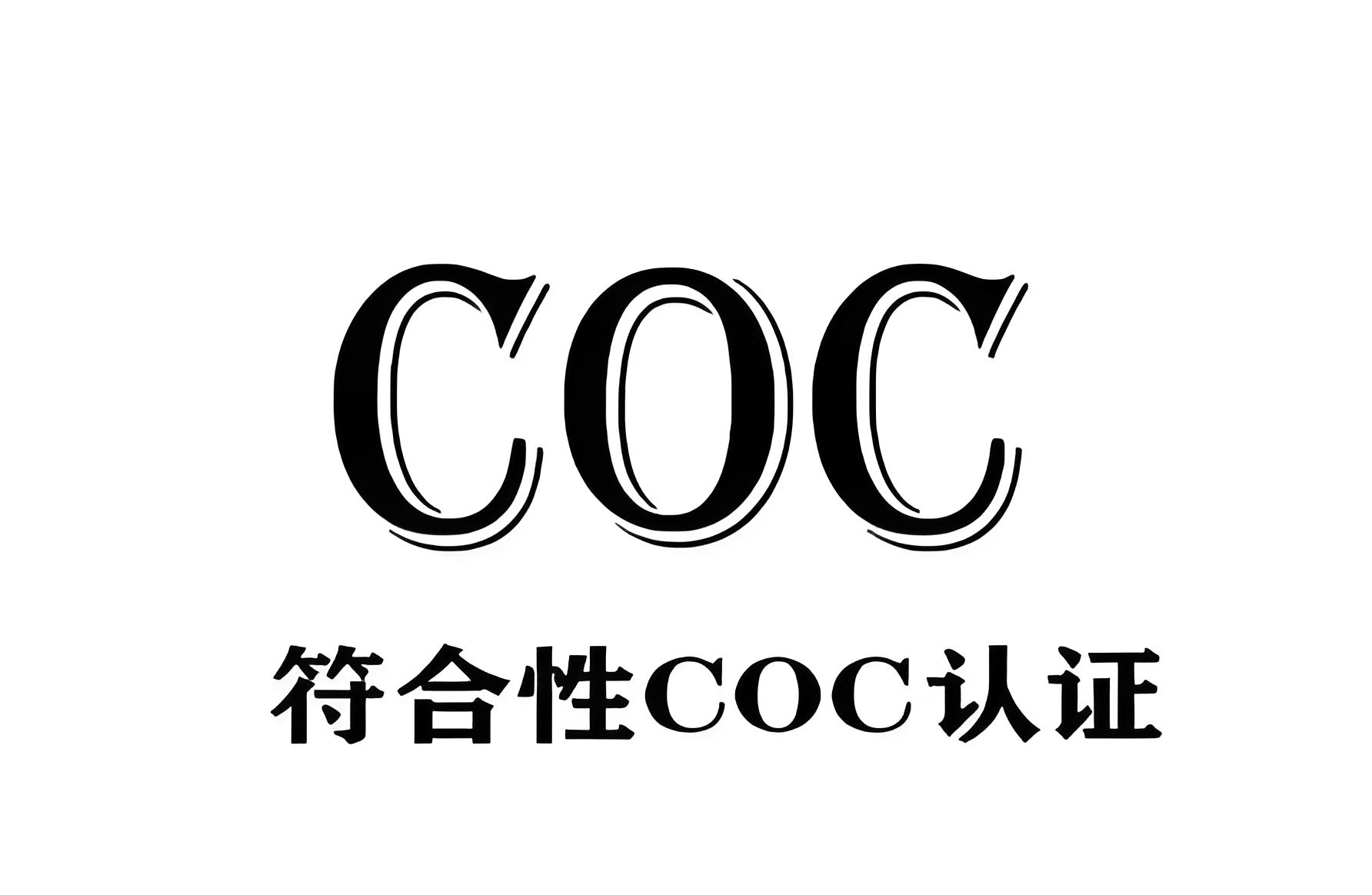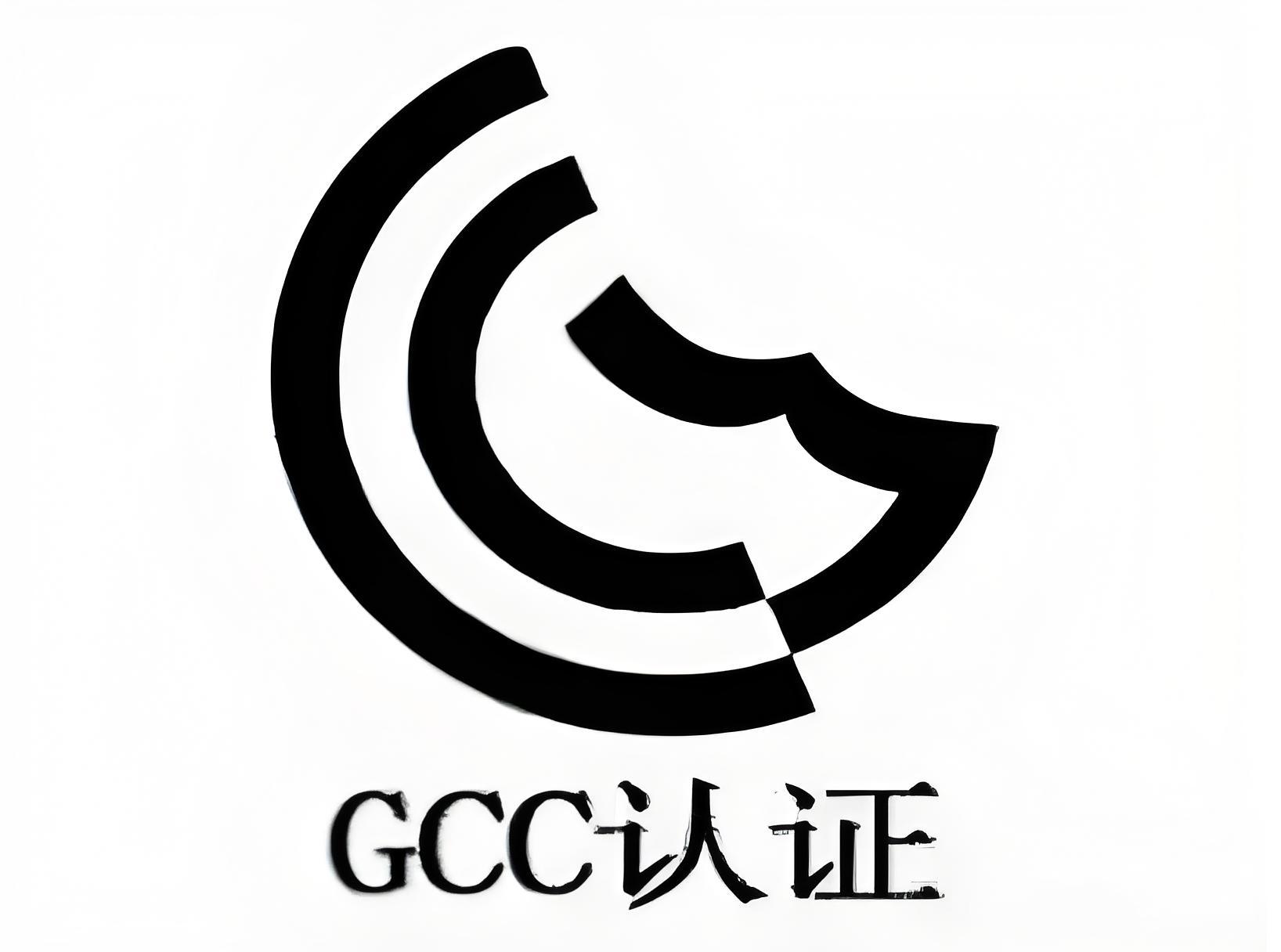
basic introduction
With the development of the economy and the improvement of the quality of life, people are beginning to increase the requirements for the comfort of shoes and environmental protection and health. Due to the emergence of EU regulations, CPSC and other regulations in the United States, the quality and safety of footwear products are more and more concerned by consumers in various countries, and the quality requirements are becoming stricter. Many countries and companies have established their own control requirements for footwear products. Manufacturers must ensure that their products meet all relevant standards.
Physical test items
Part | Test items |
Whole shoe test | Zigzags, pull-off strength of accessories, peeling strength of soles, non-slip of outsole |
Inside test | Color fastness to rubbing, color fastness to sweat, Martindale wear resistance |
Upper test | Coating adhesion, twists, tears |
Sole testing | Zigzag, anti-skid test, wear-resistant sole, no trace |
Footwear accessories testing | Peel strength, anti-skid, strength test, etc. |
Detectable shoe materials
Leather, textiles, plastic products, vulcanized rubber, thermoplastic rubber, dry-painted products, dyes, heels, outsole materials, light colored upper materials, fiberboard
Chemical performance testing
Disable azo dyes | Dimethyl fumarate |
15 high-concern substances in REACH regulations | Nickel release |
Pentachlorophenol | Tetrachlorophenol |
Eight heavy metal toys | Eight heavy metals in textiles |
Awakening | pH |
Total lead | cadmium |
Organotin | Phthalates |
Polycyclic aromatic hydrocarbons | Carcinogenic sensitizing dye |
Hexavalent chromium | Acerol |
Related testing standards
QB/T 4329-2012 cloth shoes
GB25036-2010 cloth children's rubber shoes
GB/T 6677-2008 cloth shoes classification
GB12011-2009 Foot protective electrical insulation shoes
GB/T22756-2008 leather sandals
GB21146-2007 Personal protective equipment professional shoes
GB20096-2006 roller skates
GB21147-2007 personal protective equipment protective shoes
GB/T19706-2005 football shoes
GB21148-2007 personal protective equipment safety shoes
GB/T15107-2005 travel shoes
GB/T 3807-1994 PVC microporous plastic slippers
GB25038-2010 rubber shoes health and safety technical specifications
GB/T20991-2007 Test method of personal protective equipment shoes
GB/T 24129-2009 rubber shoes, sports shoes outsole test method
GB/T 18204.8-2000 Microbiological examination method for slippers in public places Determination of mold and yeast
GB/T 22049-2008 Footwear Footwear and Footwear Components Environmental Regulation and Standard Environment for Testing
GB/T 26713-2011 Footwear chemical test method Determination of dimethyl fumarate (MF)
GB/T 28409-2012 personal protective equipment foot protection shoes (boots) selection, use and maintenance guide
Our advantage
1. With a professional qualification and experienced expert technical team, we can provide you with professional consultation and services.
2. Have advanced laboratory equipment to ensure the accuracy and reliability of test data.
3. As a third-party testing and certification organization trusted by customers worldwide, we are your certificate of quality.


ANATEL certification is a mandatory certification for telecommunications equipment or related equipment by the Brazilian National Telecommunications Administration (Agência Nacional de Telecomunicações), including wireless communication equipment, wired communication equipment and related auxiliary equipment; this certification ensures that telecommunications equipment sold in the Brazilian market meets Brazil\'s technical standards and regulatory requirements, and guarantees the product\'s quality requirements such as radio frequency, electrical safety, electromagnetic compatibility, and electromagnetic exposure. If the product entering Brazil does not complete ANATEL certification, it may face fines, seizures, and other penalties.

COC certification in Algeria is a mandatory certification for products exported to Algeria, ensuring that the products comply with the country\'s safety, quality, and technical standards. The certification process includes document review, product testing, and factory inspection. Products that pass certification can be legally sold in the local market, protecting consumer interests and promoting fair trade.

GCC certification is the abbreviation for Gulf Cooperation Council certification, which is a mandatory certification requirement for products entering the market in Saudi Arabia and other countries in the Gulf region.
With the development of the economy and the improvement of the quality of life, people are beginning to increase the requirements for the comfort of shoes and environmental protection and health.
Get a quote